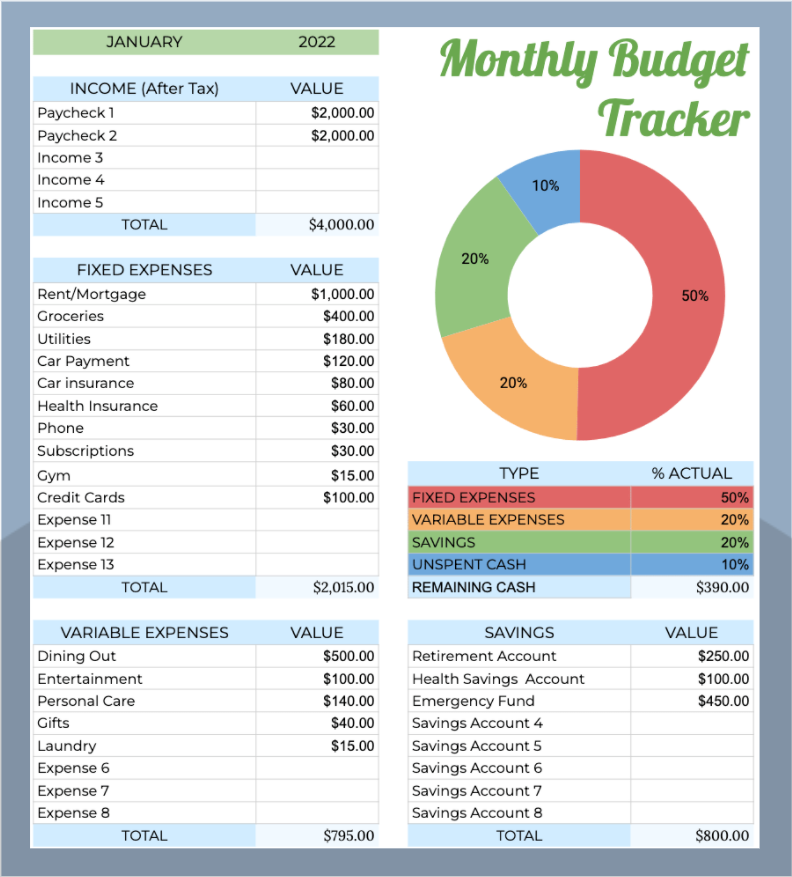How I Paid Off $37K In Student Loans

In September of 2012, I started my first year of college. To help offset the cost of tuition, I decided to go to a community college for the first two years. I attended LaGuardia Community College for two years before transferring to Manhattan College to complete my bachelor’s degree.
For the two years I attended Manhattan College, I took out $37,000 in student loans. This was spread out between subsidized loans, unsubsidized loans, and parent-plus loans.
My first job out of college had me starting at a salary of $63,000. I started paying off my loans immediately. I focused primarily on the parent plus loans first, as they had a higher interest rate than the rest of the loans.
My main focus since I was in college has been financial freedom. I knew if I was going to achieve that one day, I would have to pay off my student loans first.
Thus, I started being aggressive with my student loan payments. I focused on the parent plus loans first. I wanted to get rid of any loans my dad took out for me to finish school. I focused all my payments for the first 6 months after graduation towards my parent's plus loans.
Here are the five steps that helped me pay off all my student loans in just three years.
1. Avalanche Method
When it comes to debt payoff, I always recommend the avalanche method. The reason is that it helps you pay off any debt as quickly as possible and saves you a ton of money in interest payments.
To implement the avalanche method, you need to sort your loans from the highest interest rate to the lowest interest rate. You then make all the minimum payments on all of the loans and put any extra cash towards the loan with the highest interest rate.
This allowed me to pay off the loans with the highest interest rate much quicker. I also saved tons of money that I would have otherwise paid in interest payments.
2. Starting a Budget

At the beginning of my career, I fell victim to lifestyle creep. This meant that as I started to make more money, I started to inflate my lifestyle. But soon, I realized that I was not saving any extra money even though I was making more money.
This led me to start budgeting. I allocated a certain amount of my salary every month to just student loan payments. I even made that student loan payment automatic, so I did not have to think about it.
I also saved money by living with my parents. This helped skyrocket my financial goals since I did not have to spend money on rent or food. I started to allocate that extra cash towards my student loan payments.

Monthly Budget Tracker Template
A simple tool to help you track your monthly spending and determine how much money to save and invest on a monthly basis.
3. Increasing My Income

The most important part of finishing your payments early is increasing the amount you put towards them. In order to increase that amount, you would have to continually make more money.
At the time, my entrepreneurial mindset had not yet developed. I thought that my income would only increase through salary increases.
And that was exactly what I did. I got promoted three times in three years. Each time, my salary increased by 15-20%.
I decided to use that money and pay double the minimum payment. For instance, if one of my loans had a minimum payment of $150/month, I would pay $300 towards that loan.
Salary increases are not the only way that you can make extra income, though. Now that side hustles are popular, you can find something that will net you an extra couple of hundred dollars a month.
4. Paying With Credit Cards

I found out about this later during my repayment phase, but it was still handy. I did not know that I could pay off my loans with credit cards.
Technically, your loan servicer will not accept credit card payments. But, you can use a service like Plastiq, which you can make payments to with credit cards, and they will send a check to your student loan servicer.
I started to open credit cards with a high welcome bonus and make my student loan payments on them. This allowed me to hit the minimum spend on the credit cards, often getting back $1,000 in cash back.
I chose to use that cashback for fun activities, but you redirect that money back to your payments to help pay off debt faster.
5. Knowing How Much I Owe

It's crucial to understand how much debt you have.
Find a way to have that visually in front of you all the time. I think that was one of the reasons that motivated me to pay off my loans as fast as possible.
I know a lot of peers that avoid looking at their loans because they are afraid of knowing how much money they still owe. They continue to make the minimum monthly payment and sometimes less without any direction.
Seeing my debt always made me frustrated that I had a negative net worth at the beginning of my career. This sort of gave me a push to keep bringing down that number until I was able to pay it off completely.
Bottom Line
Being in debt is the worst. If you want to get out of it, you need a plan! You should figure out how to live below your means and save more money for student loan payments.
Attack those loans with the avalanche method and set a target date to get rid of them. The worst thing you can do is ignore your student loans. Start paying them off as early as you can.
Remember, you should always know how much you owe on a monthly basis and consistently bring that number down every month.

